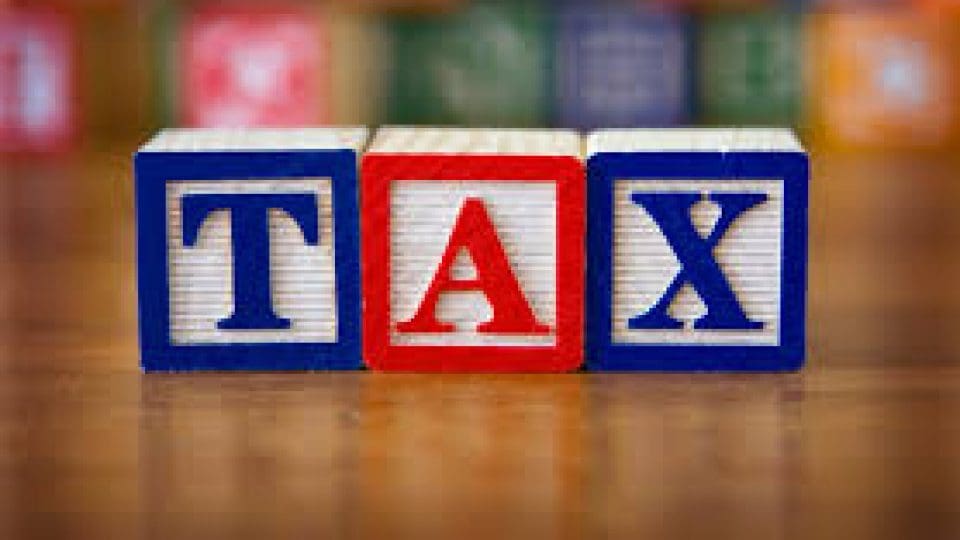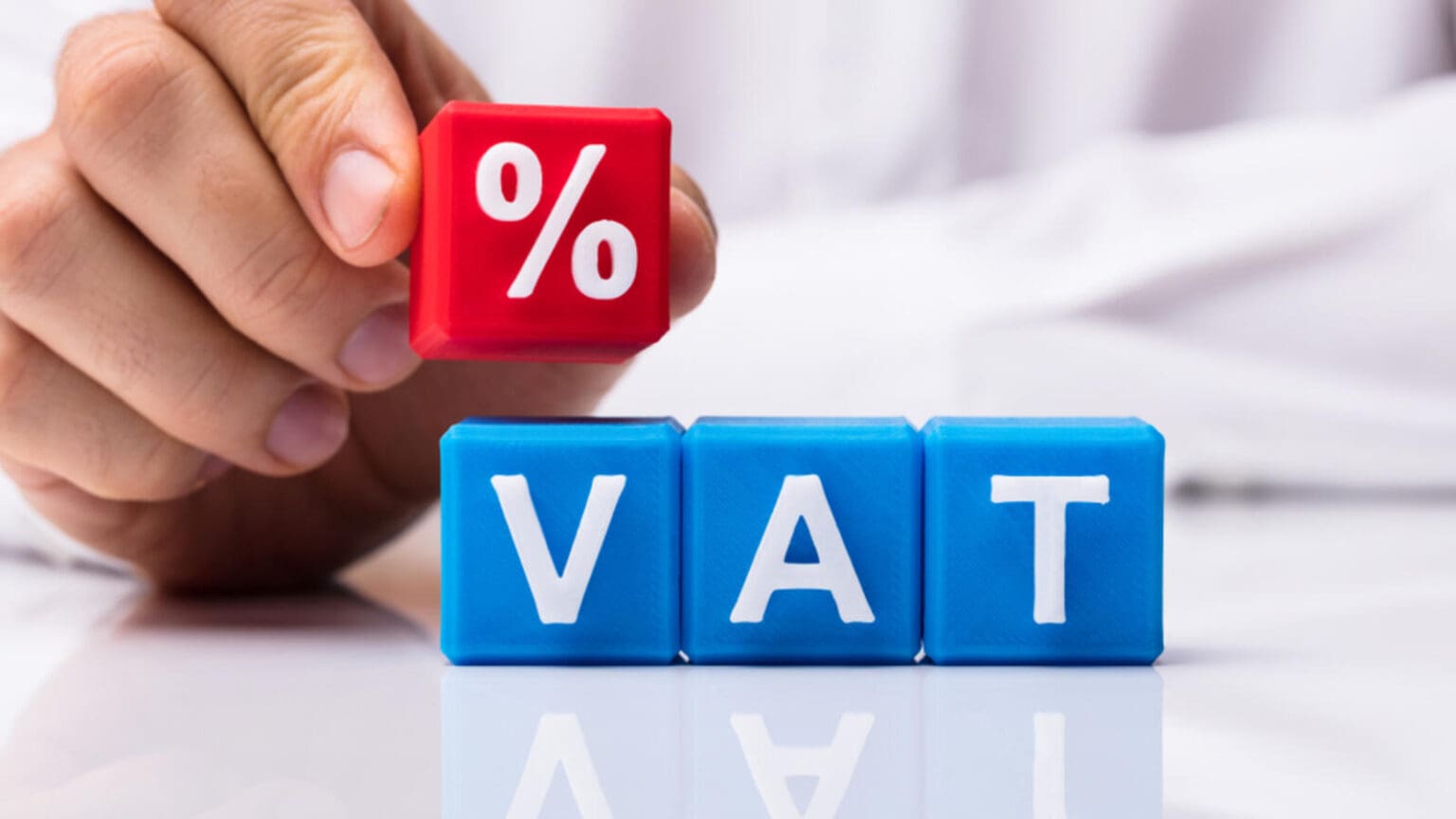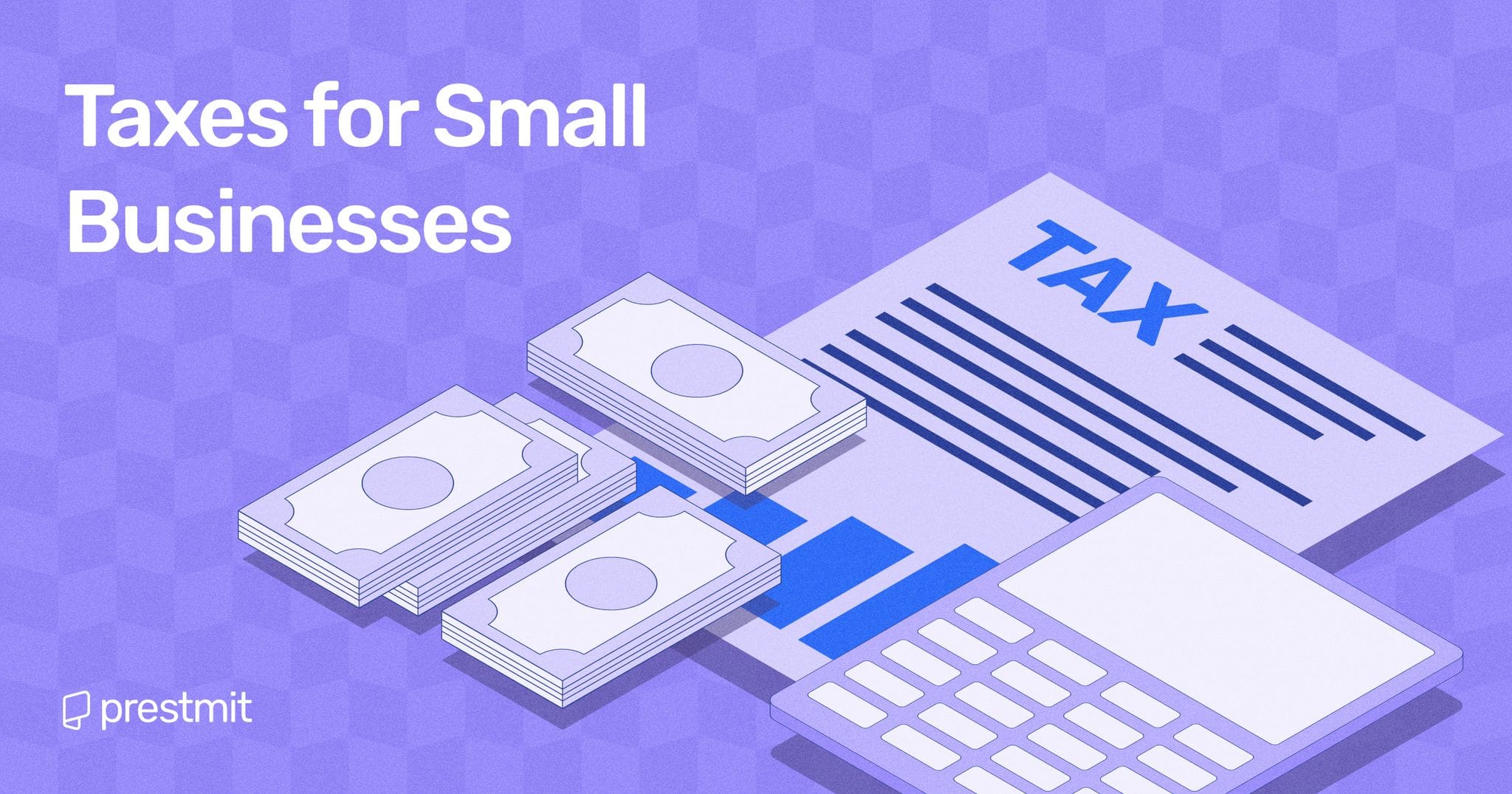Table of Contents
Are you a small business owner trying to file your taxes in Nigeria? This article is for you. It is understandable that filing your taxes may seem tiresome because of its process. But that should not deter you because it is your obligation to pay taxes in Nigeria, irrespective of the size of your business – as failure to meet up may result in consequences like heavy fines or a total shutdown. While we can not downplay the role of small businesses in the economic development of the country, this article gives steps to file taxes even as the Federal Internal Revenue Service (FIRS) has introduced USSD for tax information retrieval to make paying your tax simple.
Types Of Business Taxes In Nigeria

1. Company Income Tax (CIT)
The FIRS charges company income tax (CIT) on the revenue of limited liability companies in Nigeria. As a business, you must file your annual CIT returns and pay within the last six months of your financial year. Failure to pay your CIT can attract a N25,000 fine in the first month and N5,000 in the subsequent months.
The amount payable as CIT for a company depends on its annual turnover:
- Businesses with a turnover of less than N25 million are exempted from CIT.
- Companies with a yearly turnover of N25 million to N100 million must pay 20% CIT.
- Companies with a turnover of over N100 million must pay 30% CIT.
2. Value Added Tax (VAT)

This is a sales tax and it is a type of consumption tax for every business owner in Nigeria. A VAT refers to levies imposed on products and services businesses offer consumers. At the time of writing this article, the VAT tax rate in Nigeria is 7.5%, as its 10% rate implementation will begin in 2025.
Medical products, basic food items, agricultural produce, etc., are exempted from VAT-taxable items. Failure to pay this tax comes with a non-compliance fine of N10,000 and N5,000 for subsequent months.
3. Personal Income Tax (PIT)
A personal income tax is imposed on the earnings of every individual residing in Nigeria. This also applies to business owners as they are required to pay a PIT on their business revenue.
In addition, as a business owner, you are obligated to deduct a PAYE (Pay As You Earn) from your employees’ salaries and remit it monthly. The amount you for your PIT depends on your income bracket – usually between 7% and 24%.
4. Capital Gain Tax (CGT)
Capital Gain Tax applies to profits from selling capital assets like stocks, shares, lands, and buildings. Earnings from cryptocurrency activity also fall under this type of tax, although it has not been fully implemented in Nigeria as the existing crypto tax in Canada and Australia. Nigeria’s current CGT tax rate is 10%, and the asset’s seller pays it.
5. Custom Duties
Customs duties are taxes imposed on imported products entering Nigeria. The rates for customs duties vary as they are a function of the type of imported products – ranging from 5% to 35%.
6. Stamp Duty Tax
Stamp duty is a tax levied by the government on the transfer of legal instruments and documents. These instruments include the transfer of securities, land, buildings, copyrights, etc. The amount of stamp duty payable depends on the type of instrument being transferred.
Essential Documents To File Taxes In Nigeria
Here are the documents required to file any type of tax:
- Tax Identification Number (TIN).
- Completed tax return forms.
- Audited financial statements, including profit/loss statements, financial positions, and notes.
- Tax computation schedule showing the reconciliation of profits to taxable profits and all adjustments.
- Capital allowance schedules with a detailed breakdown of capital allowances claimed on carrying asset classes.
- Withholding tax credit notes for deducted taxes on the company’s income.
- Tax exemption and compliance certificates in cases of tax reliefs and exemptions.
- Supporting documents/schedules such as the previous year’s losses carried forward, claimed deduction evidence, etc.
How To File Your Taxes As a Business Owner In Nigeria
Step 1: Register Your Business
Firstly, you must register your business with the FIRS and the relevant tax authority in your state. To register, visit their office or website and fill out the appropriate forms. You must provide your business details, such as its name, address, and contact information.
Step 2: Identify The Taxes You Must Pay
The next step is to identify relevant taxes for your business. It should be noted that the tax rate in Nigeria for businesses depends on factors like your business location, type, etc.
Track your business expenses and profits, as this will help you calculate taxable income for every tax. You may also need to review your financial statements to determine relevant deductions and allowances that will help you calculate your tax liability accurately.
Step 3: Fill Out A Self-Assessment Form
You can find the forms you need for a specific tax payment either at the tax authority office or their website. It is imperative to fill out the forms painstakingly, as you will be required to provide your business details, taxable income, and tax amount payable.
Step 4: File Tax Returns
You need business documents such as your company’s annual statement, corporate affairs commission (CAC) document and completed self-assessment form to file your tax returns. Once you’ve gathered the documents, you can either file your tax returns on FIRS or the relevant state revenue service online portal.
Step 5: Pay Your Tax
You can choose to pay your tax at a bank or via the relevant tax authority’s online portal. It is essential to have your TIN and other tax documents when you are paying your taxes.
Step 6: Keep Records
You must keep receipts, financial statements, and tax returns for at least six years. This is because the FIRS may request them for audit purposes. Also, you may need them as proof of compliance when dealing with investors, suppliers, or stakeholders.
Frequently Asked Questions (FAQs) About Filing Taxes As A Business Owner In Nigeria
Do Small Businesses Pay Tax In Nigeria?
Yes, small businesses pay taxes in Nigeria just like large corporations. The government uses the revenue generated from the taxes to provide public amenities.
Who Do Businesses Pay Taxes To In Nigeria?
Businesses in Nigeria pay taxes to different levels of government – federal, state, and local governments. For context, the FIRS is the federal government’s central tax-collection body in Nigeria.
Why Must I File My Tax Early As A Business Owner In Nigeria?
Filing your taxes early enables you to avoid penalties, enjoy proper financial planning, and keep track of your business goals and reports.
Conclusion
Paying your tax is an obligation that is important to the smooth running of your business. This is because a commitment to it helps in the proper recording and organization of all receipts and necessary documents. While you can file your taxes online at any other authority’s office, having all the relevant documents is essential to make the process seamless for you.
Last updated on August 13, 2025

